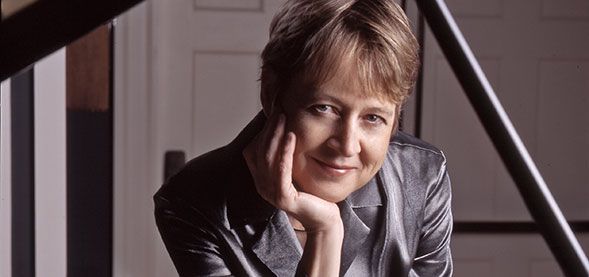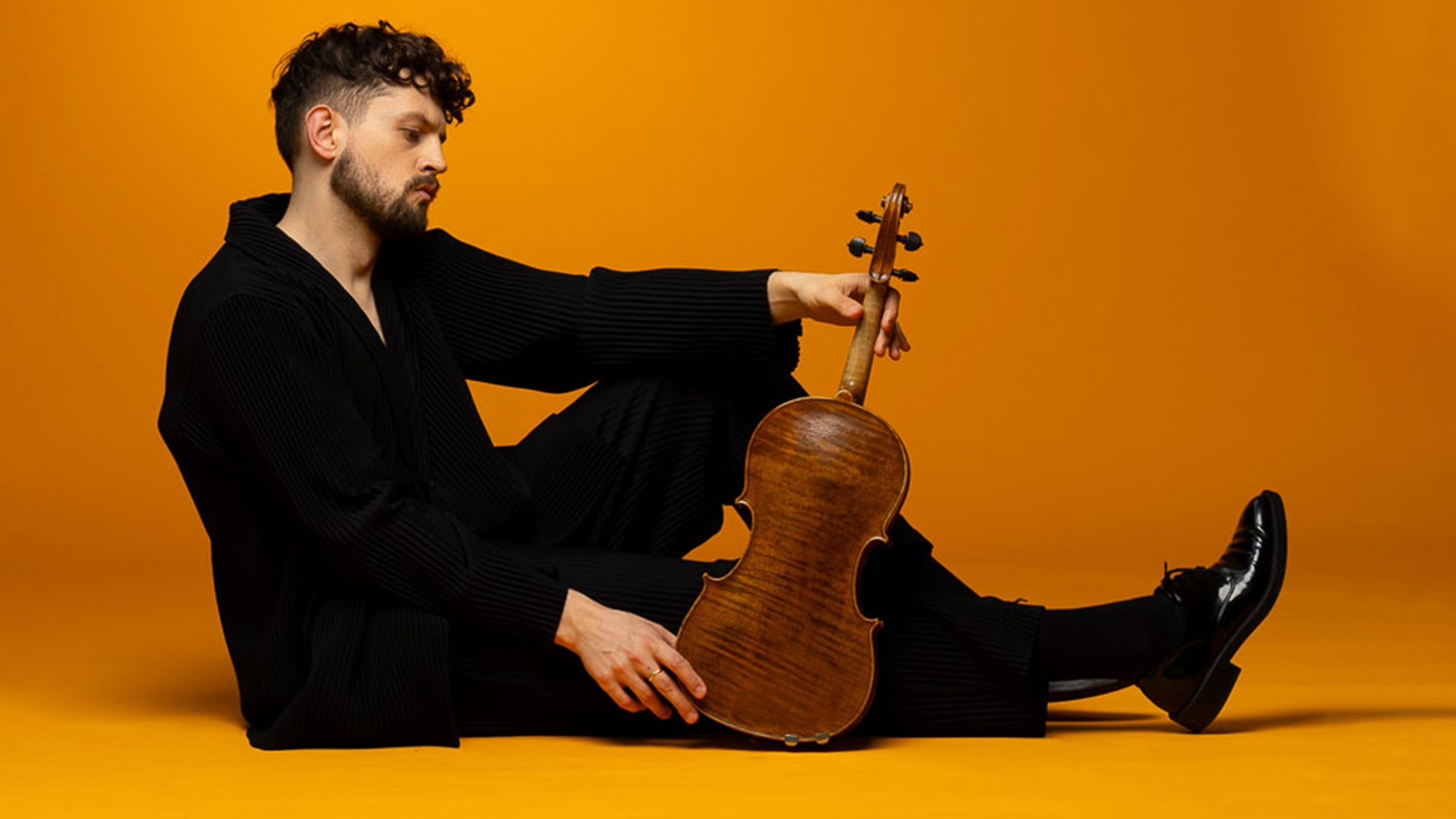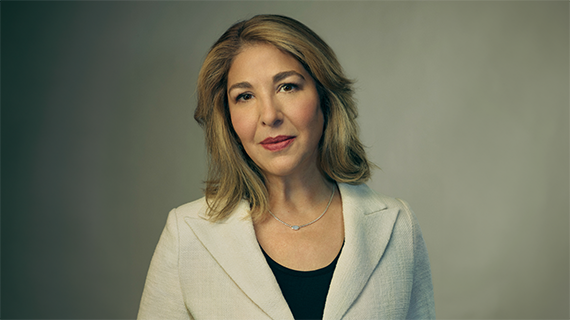

By Bryan Zandberg
If she wanted, Professor Emerita Jane Coop could quit teaching today and enjoy an impressive career as an international concert pianist.
“I could, and sometimes I think that would be smart,” Coop laughs, referring to the perennial pressures of teaching, such as writing jury reports, scheduling recitals, and dress rehearsals.
One of Canada’s most celebrated pianists, Coop is head of the keyboard division at the School of Music, where her work earned her the laurels of Distinguished University Scholar in 2003 and, more recently, the 2007 Killam Teaching Prize, which recognizes UBC’s best teachers.
Aside from her numerous recordings, she continues to perform widely as a featured pianist at legendary concert halls in New York, London, St. Petersburg, Prague, and Tokyo.
Though she loves the challenges of performing, in many respects she is just as engaged in — and often comforted by — the companionship of her students and fellow colleagues.
The life of a pianist, she explains, is often solitary, for students and professionals alike.
Coop tries to allay this by convening all 12 of her UBC keyboard students — who range from first-years to doctoral candidates — for a weekly performance class in her comfortable corner studio. It matters enough to her that she does it on her own time. “I want them to feel as if they’re not alone, and that they are part of a small community of like-minded young artists,” she says of her students who spend hours and hours at the keyboard. Every year the group collaborates on a big piece of music, which they divide into smaller parts and perform at the UBC Recital Hall. “So we have a real class bond. It’s a good way to feel supported,” says Coop, who started teaching at UBC in 1980.
Of her own experiences as a music student, she recalls studying under Anton Kuerti at the University of Toronto and Leon Fleisher at the Peabody Conservatory in Baltimore, both men renowned pianists. While Kuerti used to sit at a second piano and demonstrate the tricky parts on the keyboard, her other mentor, Fleisher, suffered from focal dystonia, a neurological condition that affected the muscles in his right hand. He thus had to resort to verbal instruction, left-handed playing, or even singing the lines he wanted her to master. However, his forceful musical personality always came through clearly and energetically. Now, she finds nuances of the influence of both men cropping up at unexpected moments, as much when she plays a renowned concert hall as when she tries to convey something to her students.
“I find myself kind of a mix of those two people,” she says. “Without even thinking about it or without any preconception of it, it just comes out.”
When it comes to guiding individual students, however, Coop is careful not to be overpowering on matters outside technical ability.
Praised as an artist of insight for her concerts and recordings of Bach, Chopin, Brahms, Mozart and Beethoven, she’s convinced that it’s important for each student to figure out for him/herself what the music is about. Examining the score and experimenting with each phrase develops an informed and personal voice.
“If I encourage my students to eventually be autonomous, then they start to get a sense about what the piece is about from their own insides, not from mine,” Coop explains. “I teach language and the technique, while encouraging imagination and inner emotion. We want musicians who can give us something to enhance our lives.”


